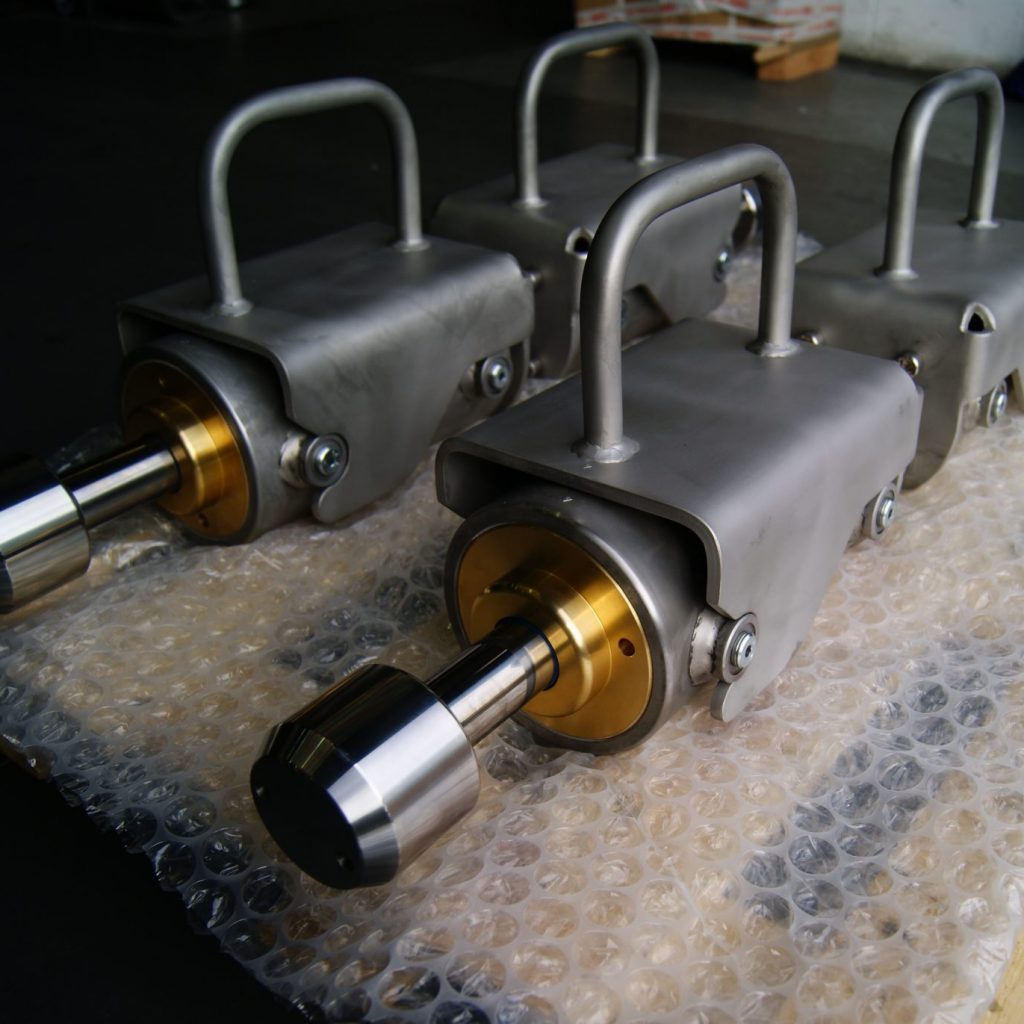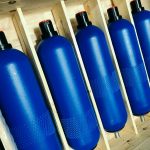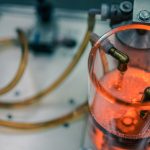Apex Hydraulics have decades of experience in designing and manufacturing bespoke hydraulic cylinders, across all sectors and applications. From factory machinery to deep mining vehicles, to giant offshore equipment; Apex Hydraulics has designed hydraulic cylinders for thousands of different projects.
When designing a new cylinder, one of the key decisions will be in the type of seal that is used. If the correct seal is chosen it can increase the lifespan of a cylinder dramatically. The wrong seal can lead to contamination and early cylinder breakdown.
Apex Hydraulics specialises in hydraulic cylinder repairs, as well as manufacture and we are often asked to improve upon an Original Equipment Manufacturer cylinder to increase the efficiency or longevity of the parts. In many cases, one of the most important changes is in an enhanced seal design.
Specialist Apex hydraulic cylinder designers will look at a number of different factors before deciding upon the ideal seal for a new or improved cylinder design.
Off-the-Shelf Accumulators
Designers and engineers will start by asking questions around where the cylinder will be working. Will it be subject to corrosive substances such as salt? Will it be in an exceptionally hot or cold atmosphere? Will it be submerged in water, or in a dry space?
Different seal materials and designs will be better suited to different environments, and so a careful choice will need to be made.
Hydraulic cylinders operating in environments where there is a lot of dust, dirt or corrosive materials will need to have seals that are very hard wearing to stop the oil becoming contaminated. These seals may also need to be easily accessible so that replacing them can be an easy part of their routine maintenance.
Deep sea environments will require specialist seals and seal arrangement, which can cope with high external pressures of sea water wanting to force its way past the seal.
The temperature of the surrounding environment will also be relevant. Some hydraulic cylinders may be required to work under sub-zero temperatures, where a mainstream nitrile seal would be prone to splitting or cracking. In this case a polyurethane seal could be a better option. Other cylinders may be working in extremely hot environments. Some cylinders – such as those working in railways or mining – may even be exposed to occasional sparks from machinery. Specialist materials with high melting points would need to be used for this type of seal.
Type of hydraulic fluid
The type of hydraulic fluid will be one of the defining factors in what type of seals will need to be used for a new hydraulic cylinder design.
Some cylinders, in applications where it is vital that hydraulic fluid be non-flammable (such as in the mining industry), will use a particular type of synthetic hydraulic fluid. However, this type of fluid may cause some types of material to swell or break down, meaning that specialist materials like Viton or polyurethane need to be used.
How viscous the oil is will have a bearing on the type of cylinder too. Very thin oil will require an energised seal. This spring-like double seal creates an extremely tight closure, meaning that the least viscous of fluids cannot pass through.
Speed and pressure
The speed and pressure of the application itself is very pertinent to the seal selection process.
While most cylinders have slow strokes, there are a variety of operations which require hydraulic cylinders to make many fast repetitions that continue without stopping for long periods of time. This can create a lot of friction meaning that specialist seals made of ultra-durable materials such as Zurcon or PTFE will be required.
The pressure that the cylinder is working at will also be very relevant. Seals that are working under extreme pressure will need to be designed with back-up rings for safety. Seals working under very low pressure, will require seals similar to those working with low hydraulic fluid viscosity, with a tight closure to stop leaking.
A bespoke design for success
Often, a combination of different factors will make the seal selection process extremely complex. Seal failure and the following contamination of the system is one of the main causes of hydraulic cylinder breakdown. This can cause long, expensive periods of repairs and downtime. The correct choice of seal can result in a far more long-lasting product, saving large amounts of time and money.
Contact Apex Hydraulics today for further information on bespoke hydraulic cylinder design or repairs.
Related Products
The following products were utilised as part of this project. For more detailed information on these products, click on an image below…






